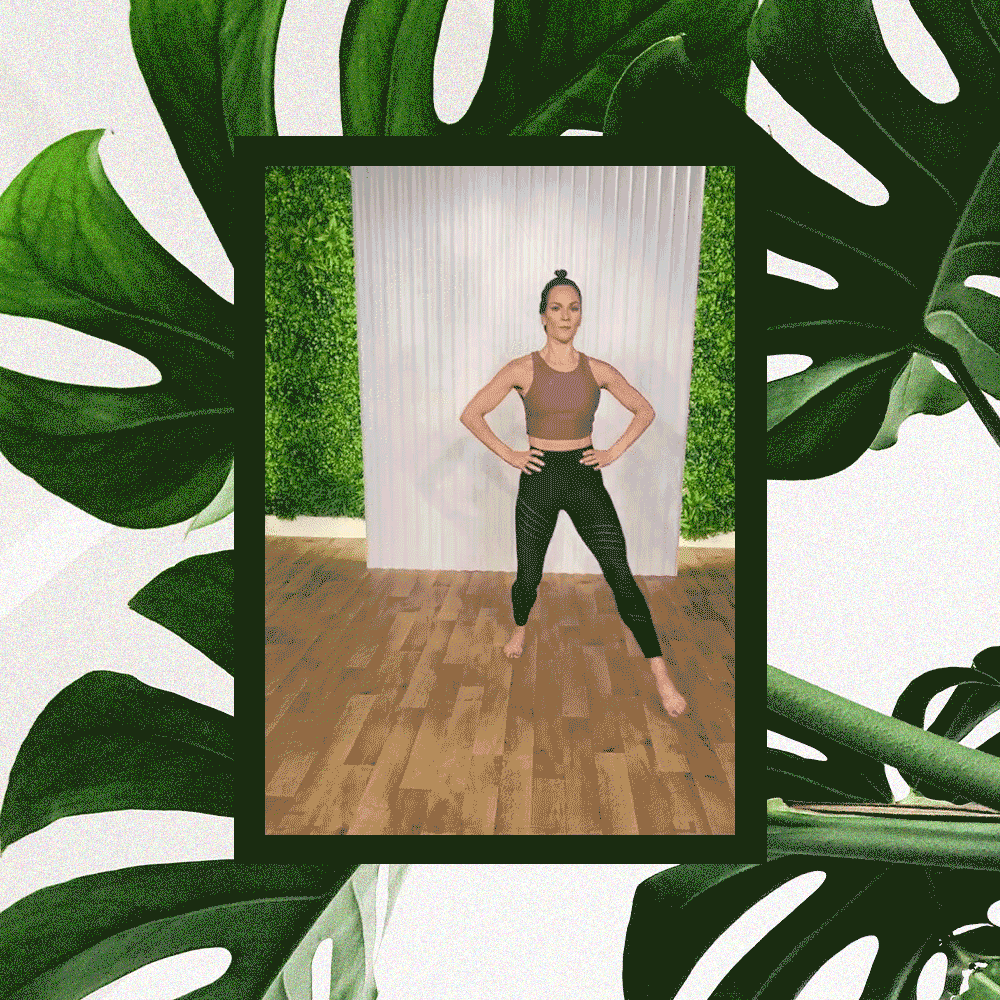Sensory Beauty Can Take Your Mind and Body To A Better Place
If you’ve recently tied lavender on your shower head or sprayed eucalyptus in the air in your bathroom steam, you are not alone. For weeks, I’ve doused my shower with eucalyptus oil to combat the stress, burnout, and change in social life while living in a post-pandemic world. It isn’t random. My sister told me the practice would transport me to a happier, calmer state, and she’s been right.
Since then, I’ve added ultra-soft body creams, sleep-aiding bath salts, and summery-smelling oils to my routine to aid in finding my happy place. Experts call the trend sensory beauty, and it’s the idea that products are designed to evoke happy emotions and provide an escape from the daily grind. It’s the body wash that helps you unwind after an intense workout or the pillow mist that helps you sleep better at night. Ahead, we talk to Andrea Harrison, vice president of beauty and personal care merchandising at CVS Health, and Shen Beauty founder Jessica Richards for their thoughts on the sensory beauty space.
What Is Sensory Beauty?
“Sensory beauty utilizes all aspects of your senses from touch to smell,” Richard tells us, “It is the deep understanding of how people experience products and how they fall in love with the brands they discover in our store.” Sensory beauty can be a deeply-scented fragrance, texturized body butter or bath bomb, or even a candle you purchased while on vacation. Think: Your favorite vanilla body scrub that instantly turns your bathtub into a spa or your coconut-infused CBD muscle balm that helps relieve tension.
The Rise of Sensory Beauty
According to Harrison, sensory beauty has been linked to mental health in the past year more than ever. “Health and beauty have become linked inextricably, and a big part of wellness throughout the pandemic has been self-care,” she explains. “That’s where sensory beauty comes in. It’s a category that takes the mental health benefits of investing oneself through self-care to a new level by also providing a soothing, calming or uplifting experience.”
Customers embraced sensory beauty products to stand in the gap of tactility and human touch in the past year. In partnership with CVS and media psychologist Dr. Pamela Rutledge, an online survey of women ages 18-35 showed that the simple act of investing in oneself through self-care activities could help counteract the negative impact. Results also showed that 83% of women agreed they feel better about themselves when they do a beauty routine. “It also showed the wellness-driven relief that self-care can provide from the mental ramifications of heightened video calls and social media consumption,” Harrison tells us. Sensory beauty products grant us the opportunity to calm our minds while reminding us that we are worth nurturing and caring for.
What Are The Benefits Of Sensory Beauty?
Self-care and investing in your mental health have become incredibly important, and sensory beauty is one way to achieve that. It helps the client get into the mindset of what they want themselves to look like or smell like,” Richard explains. “It immerses them in the deep roots of beauty and gets to the heart of what they crave.” Incorporating planned sensory care into your beauty routine can also serve as personal time and can be a relaxing outlet following a busy day of stress or work.
Will The Sensory Beauty Market Survive?
If the rise of self-care and destigmatizing mental health over the last two years is any indication, we say sensory beauty is here to stay. Harrison says that sensory beauty is an extension of self-care, and there’s no sign of it slowing down. As we continue to lean into total wellness, sensory beauty products that focus on self-care, scents, and experiences can contribute significantly to anxiety management and stress relief. Think of sensory beauty products not as a last resort but as a preventative practice and, overall, compliment to everyday life.







